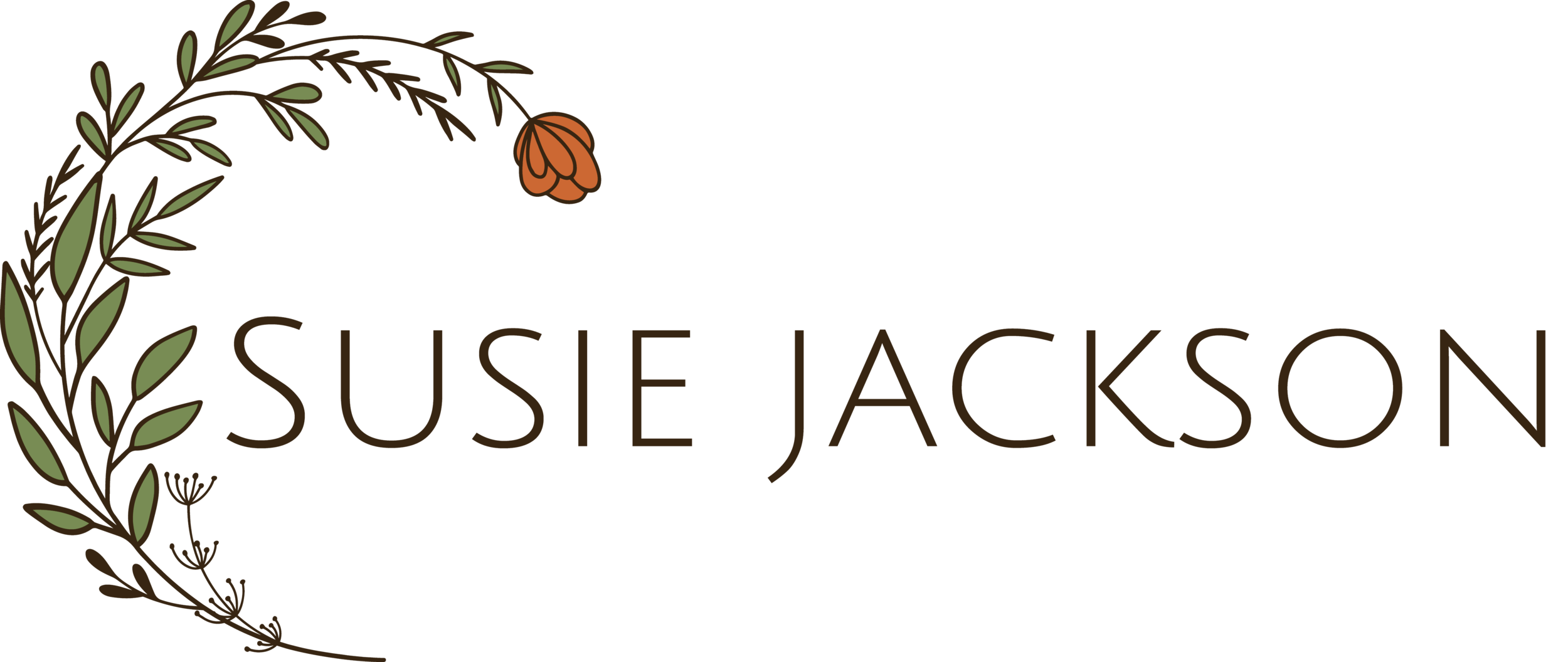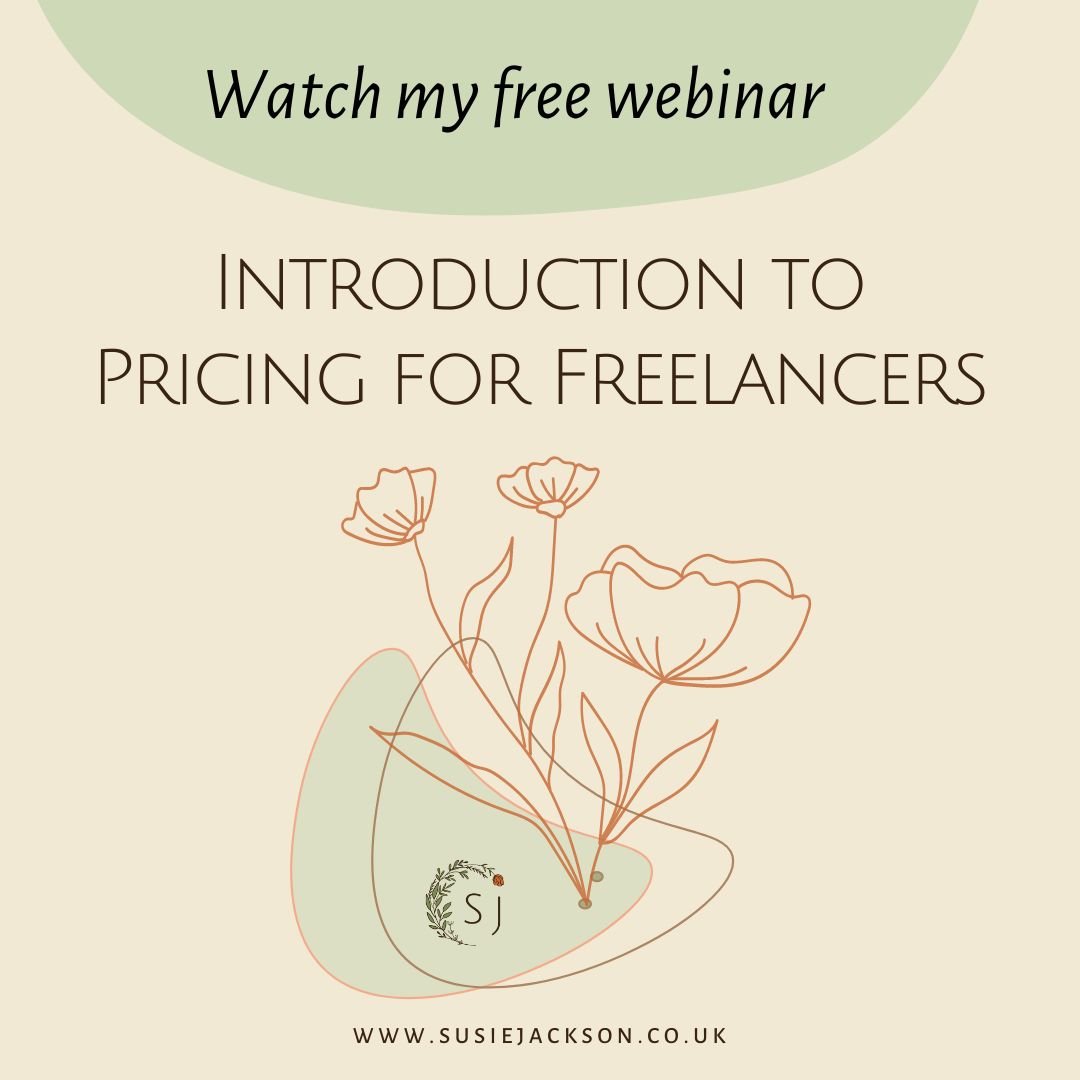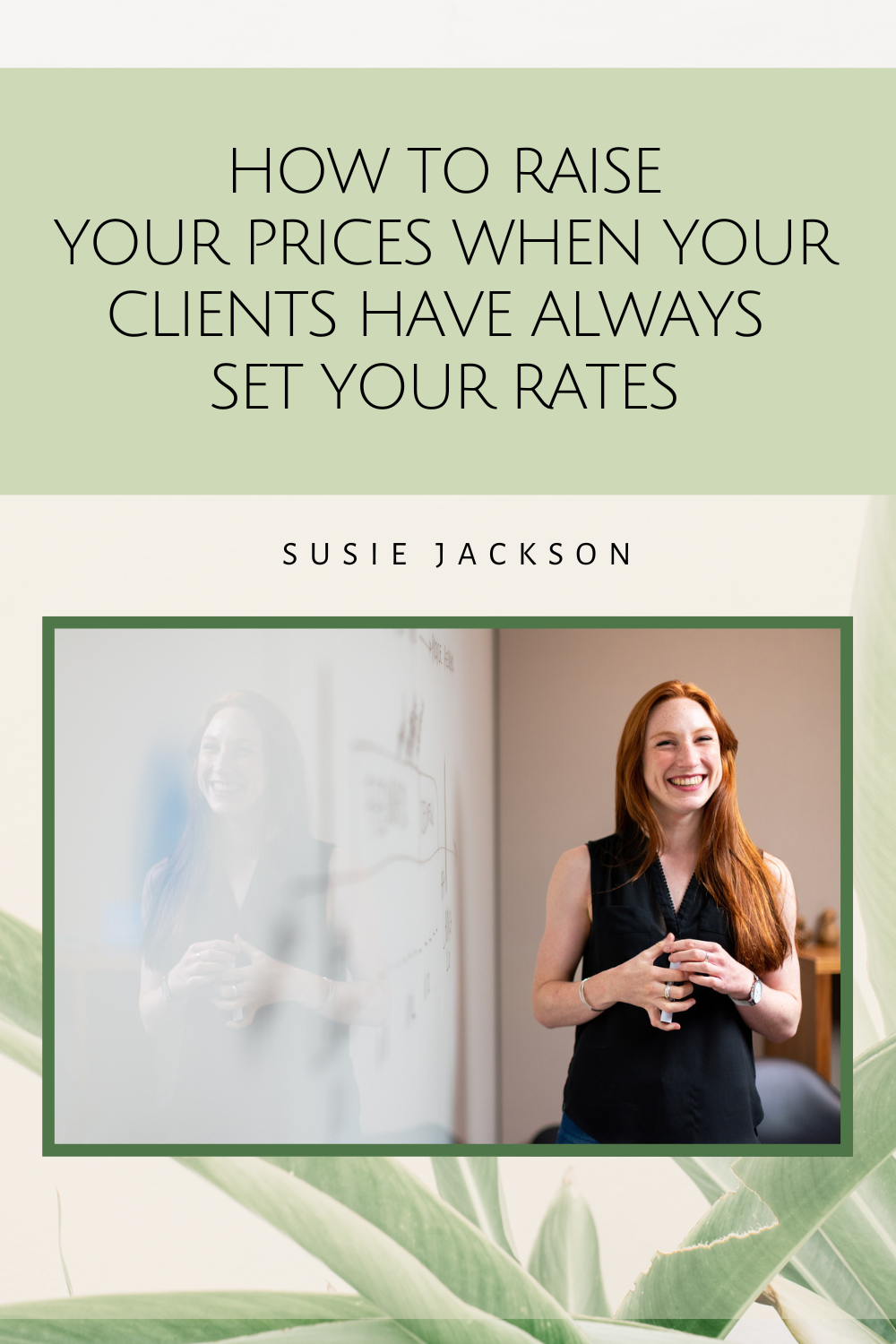How to Know Whether You're Undercharging as a Freelancer
Whether your rates are too low really depends on a number of different factors. These include how much you need to be earning to cover all your outgoings (both business and personal) and how much time you have available to earn that amount.
I was chatting to a freelancer the other day about pricing, and they told me that they didn’t actually know if they were undercharging or not. I found this really interesting, and it got me thinking: How can you tell when you're undercharging for your services?
In this blog post, I’m looking at some of the telltale signs that will help you understand whether you’re charging enough as a freelancer or not.
You’re undercharging if you’re having to work really long hours to make ends meet
If you charge less than others in your industry, that’s not necessarily a problem. Everyone has their own unique set of circumstances with their own costs to cover and individual demands on their time.
However, charging less than others becomes a problem when you’re not earning enough to make your business sustainable. If you’re having to work really long hours just to pay the bills, this is a surefire sign you’re undercharging.
Ask yourself if you’re putting in those extra hours simply because you can and want to, or if you’re doing it because you need the additional cash to make ends meet at the end of the month. If it’s the latter, you should start to think about increasing your prices. I’m sure you didn’t become a freelancer to work all hours, without having the time or money to be able to enjoy yourself.
You’re undercharging if the clients you’re working with are cost oriented
Do your clients seem more concerned about how much your service is going to cost them rather than what makes your service great? If the customers you’re working with are all about paying as little as possible, it probably means you’re undercharging.
Your clients’ focus is a tell-tale sign that will reveal whether you’re charging enough. When they tend to be most concerned about cost, it means that you’re probably attracting low-budget clients, and the likelihood is that this is because you’re not asking for enough in return for your services.
If you find this to be true, you should start raising your prices a little bit at a time and concentrate your marketing efforts on higher-paying customers who value you and your services, rather than only caring about how much they cost.
Are you getting your pricing wrong if it differs from others in your industry?
As a rule, I don’t advocate paying too much attention to how much other people in your industry are charging. This is because their circumstances will be different from yours. Perhaps you don’t need to earn as much because you’re sharing household costs with flatmates. Or maybe you need to be making more because you live in a city where the cost of living is higher. Either way, your situation, your costs, and your living expenses will never be the same as someone else’s. So personally, I don’t think you should be too concerned about what others are charging.
That said, you don’t want to find yourself charging way below industry standards. It can be really useful to look at average rates across your industry to see how your pricing stacks up. If you’re charging far lower than the average, there’s definitely scope for raising your prices and working towards a more aspirational income that will encourage you to grow your business.
However, if you find you’re charging, or need to charge, far more than average industry rates, don’t worry. There are clients out there with every level of budget, and it’s just a question of marketing to your ideal customers. If you know you have to charge more than others in your industry, market to those high-end clients and focus on what they’re looking for, whether that’s an exclusive service, attention to detail, or innovative offerings.
How much should you charge?
It’s easy for people to say what you shouldn’t be charging, but how do you know how much you should be charging?
To get an idea, total up everything you have to pay for in your business and personal life. Then divide that amount by the number of hours you have available to spend on client work. This will give you your hourly rate!
I’m simplifying here, and there are lots of additional factors to take into account when arriving at your totals, such as paying into a pension and unpaid working hours. But this is the basic principle we work with in Charge with Confidence. Participants use this fundamental concept to establish their minimum hourly rates so that they know the lowest amount they need to be earning per paid hour in order to run a sustainable business.
If you’d like some help understanding what your minimum hourly rate is, I provide support and spreadsheets to break down the process and make it easy for you in Charge with Confidence. By the end of the programme, not only will you know whether or not you’re undercharging, you’ll know precisely how much you should be charging.
Hi, I’m Susie
I mentor freelancers on pricing so you can earn a decent living doing what you love.
I’m a translator, editor, chocoholic, crochet addict, animal lover, and budding gardener (get it?) who loves empowering others to achieve their goals.














